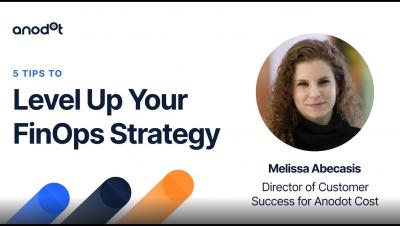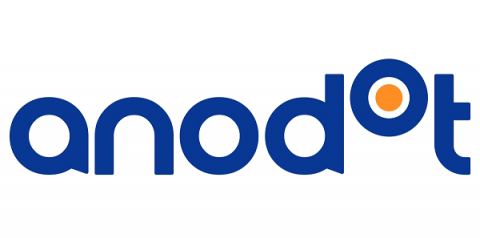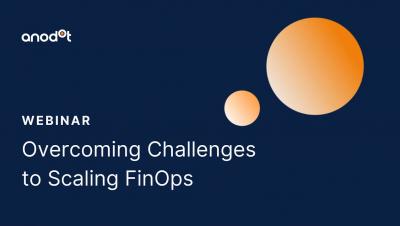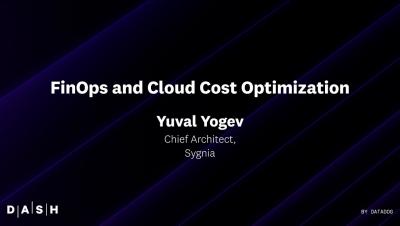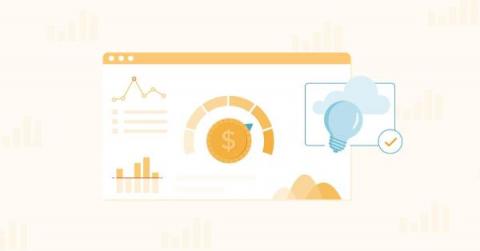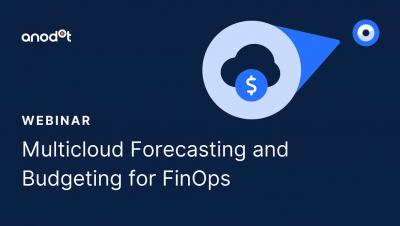Operations | Monitoring | ITSM | DevOps | Cloud
FinOps
Top 5 FinOps Tips to Optimize Cloud Costs
The efficiency, flexibility and strategic value of cloud computing are driving organizations to deploy cloud-based solutions at rapid pace. Fortune Business Insights predicts the global cloud computing market will experience annual growth of nearly 18% through 2028. As the cloud becomes one of the most expensive resources for modern organizations, cloud financial management, or FinOps, has become a critical initiative.
Webinar: Overcoming Challenges to Scaling FinOps
FinOps and Cloud Cost Optimization
6 Examples Of FinOps KPIs That Will Improve Your Margins
Webinar: Multicloud Forecasting & Budgeting for FinOps
Measuring cloud cost efficiency for FinOps
Public cloud can deliver significant business value across infrastructure cost savings, team productivity, service elasticity, and DevOps agility. Yet, up to 70% of organizations are regularly overshooting their cloud budgets, minimizing the gap between cloud costs and the revenue cloud investments can drive.
Managing Cloud Cost Anomalies for FinOps
Cloud cost anomalies are unpredicted variations (typically increases) in cloud spending that are larger than expected based on historical patterns. Misconfiguration, unused resources, malicious activity or overambitious projects are some of the reasons for unexpected anomalies in cloud costs. Even the smallest of incidents can add up over time leading to cost overruns and bill shock.
Accurately Forecasting Cloud Costs for FinOps
Companies are investing heavily in the cloud for the operational and financial benefits. But without a robust cloud cost management strategy in place, the complexity of cloud services and billing can to overspending and unnecessary cloud waste. Being able to accurately predict future cloud spend is one way to more optimize cloud spend and inform budgets.
FinOps: Measuring Cloud Waste
Cloud spend — which research shows makes up 51% of IT budgets — is a prime candidate for company cost savings initiatives with the potential to make a huge difference in gross margins. It’s also an area that has grown dramatically in the last few years due to digital transformation and a rise in cloud demand during the pandemic.


